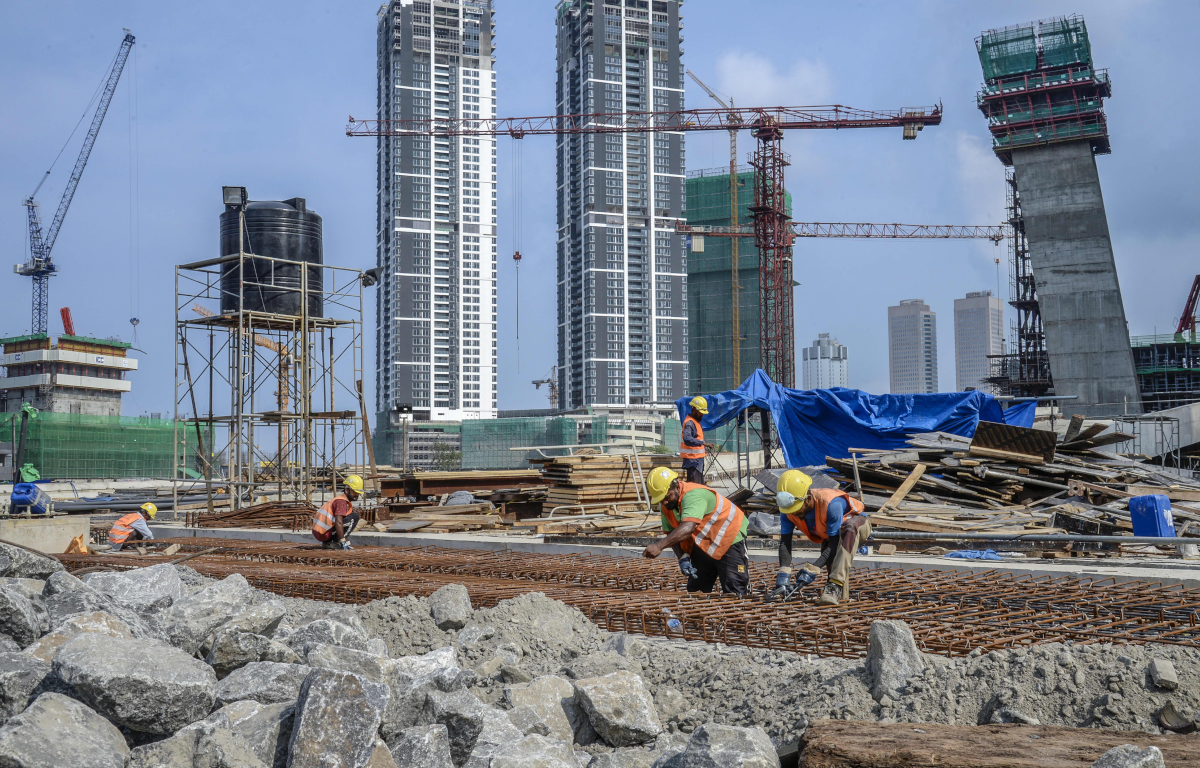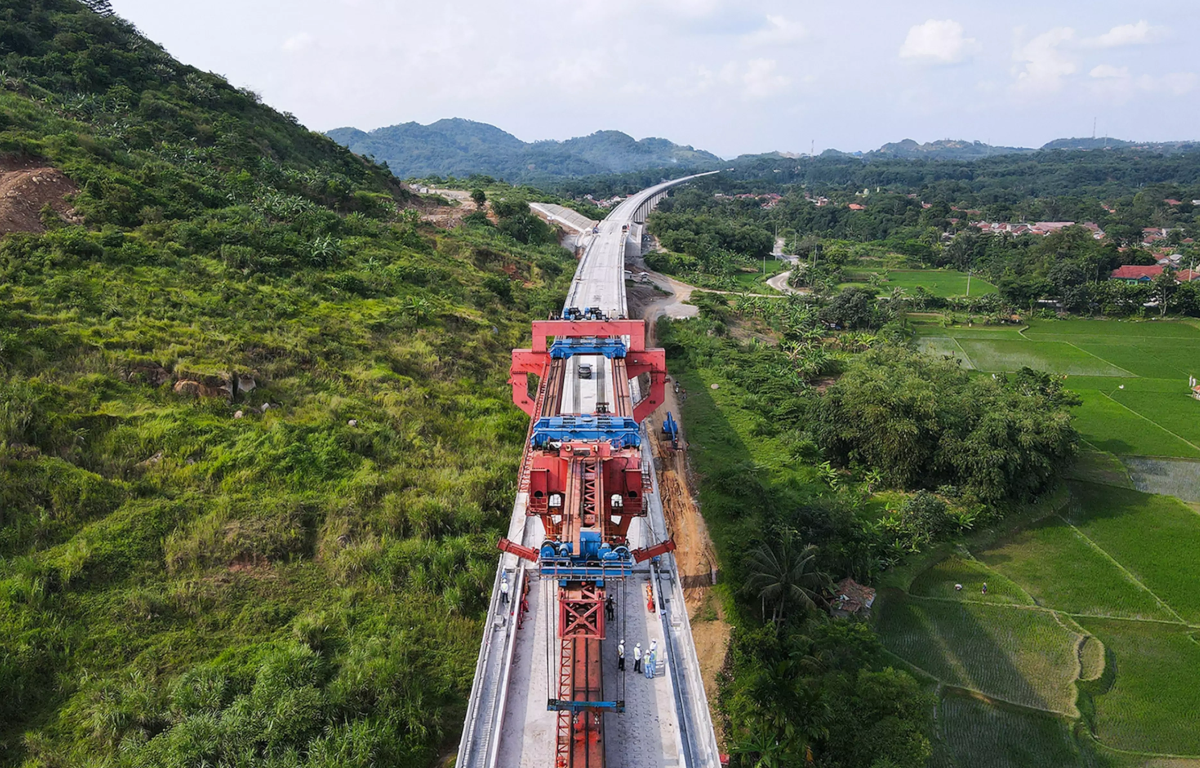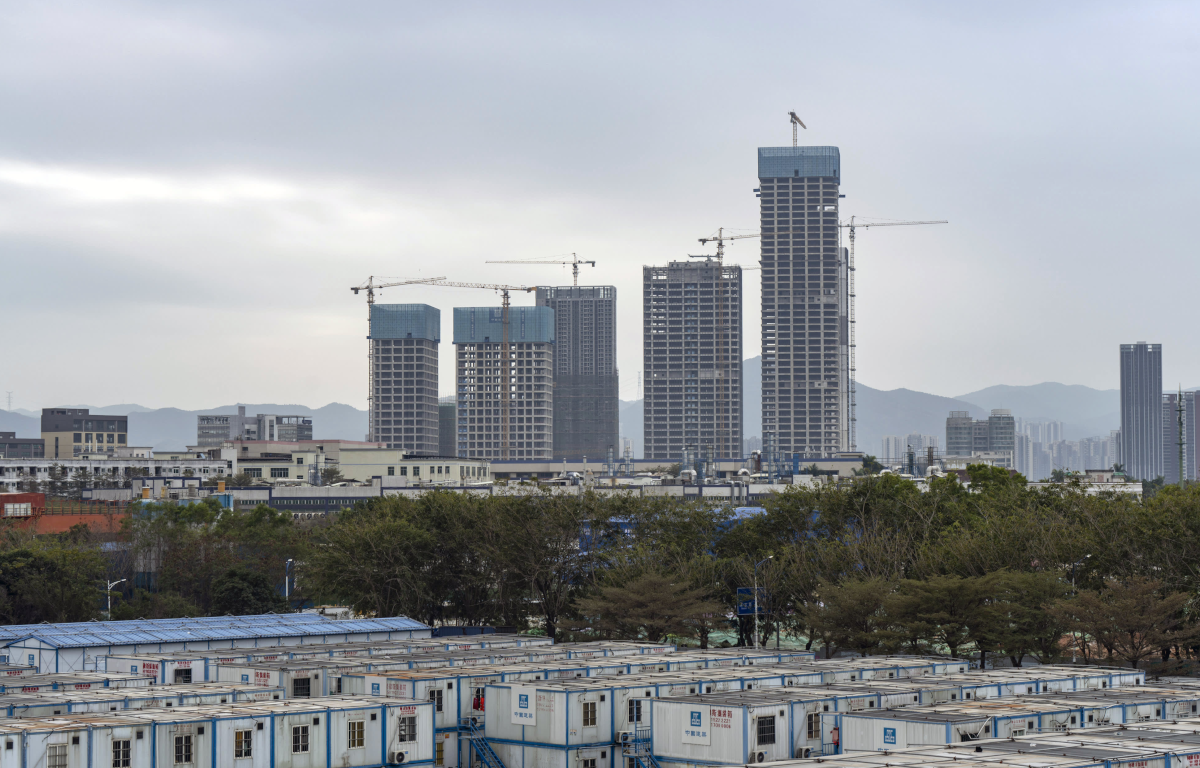
China’s seemingly unstoppable growth trajectory has hit several stumbling blocks. One of the most prominent issues is the deceleration of economic growth. China’s once double-digit growth rates have dwindled to more moderate figures, reflecting a shift towards a more sustainable and consumption-driven economy. Although this transition is crucial for long-term stability, it has resulted in short-term uncertainties.
Another looming concern is China’s debt crisis. The nation’s rapid growth was largely fueled by an unprecedented surge in debt, with corporate debt levels raising alarm. The fear is that a debt crisis could destabilize the economy, leading to potential defaults and a banking crisis.
Demographically, China faces challenges with its aging population. The rapid increase in elderly citizens could strain pension and healthcare systems while potentially reducing the labor force, negatively impacting economic growth and China’s manufacturing dominance.
Trade tensions, particularly with the United States, have disrupted global markets and supply chains. Tariffs and trade restrictions have led to a reevaluation of China as a primary manufacturing destination, adding further complexity to its economic landscape.
In addition to these economic hurdles, China has initiated regulatory crackdowns on its tech and education sectors. While these measures aim to reduce income inequality, they have shaken investor confidence and led to significant drops in stock prices.
The implications of China’s economic challenges are extensive, both domestically and globally. Given its status as the world’s second-largest economy, any significant stumble could have far-reaching effects. Investor confidence may wane, foreign investment could slow, and multinational corporations might reconsider their operations in the country.
China’s transition towards a more sustainable economy could lead to a shift in its economic focus. This may involve increased investments in innovation, technology, and domestic consumption, potentially reducing its reliance on exports. Moreover, these economic challenges could influence China’s foreign policy, particularly in its efforts to expand its influence in Asia and on the global stage.










Share this: